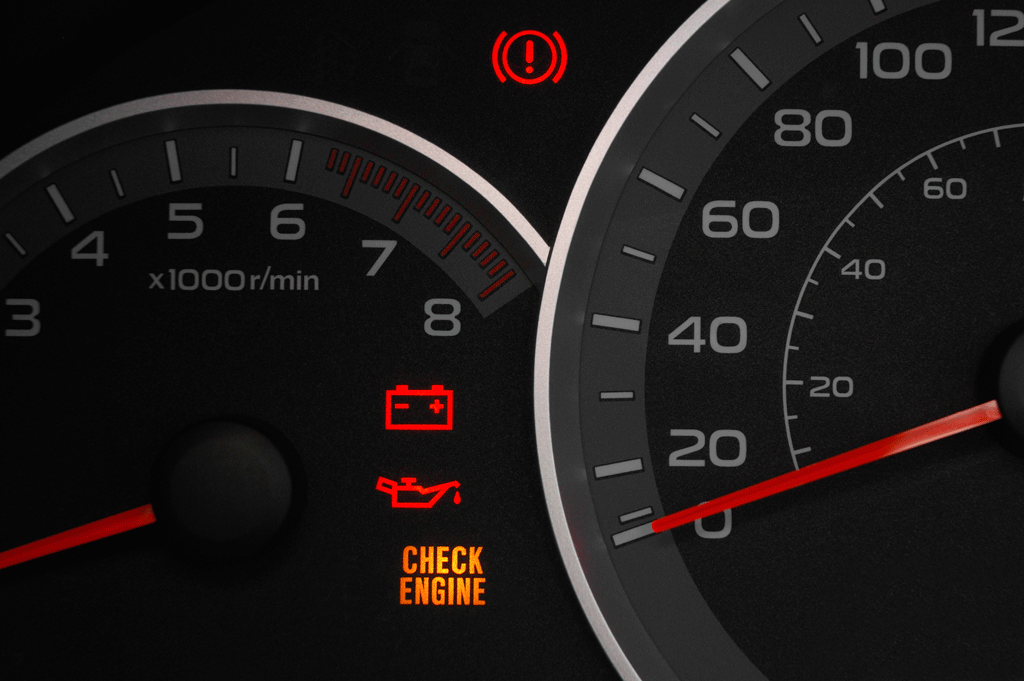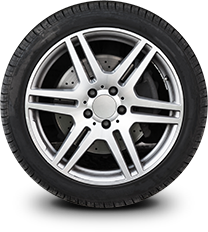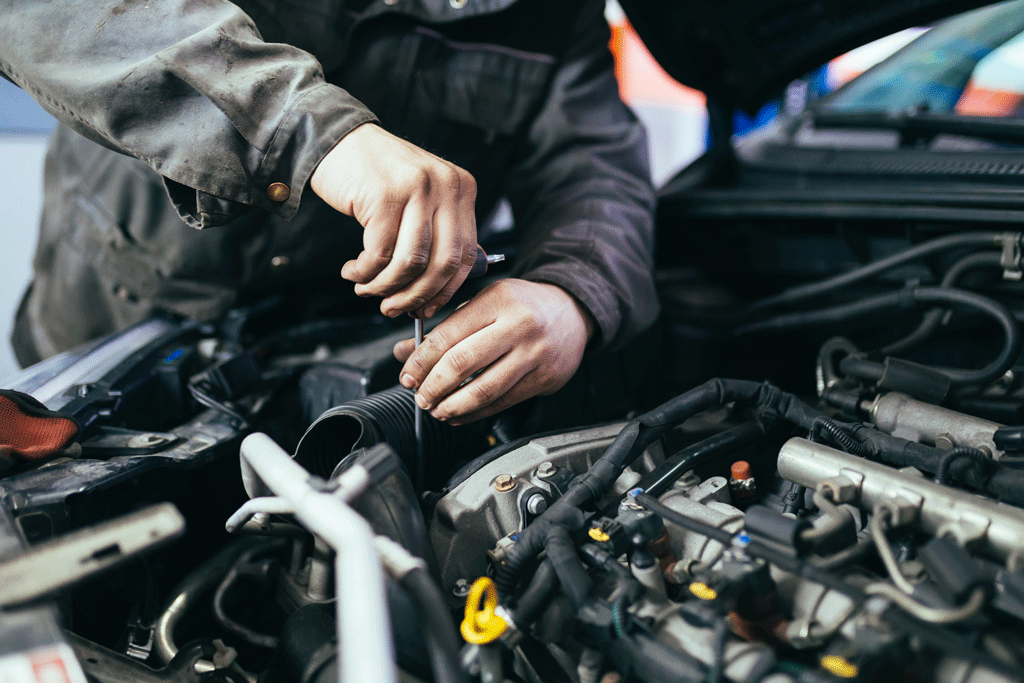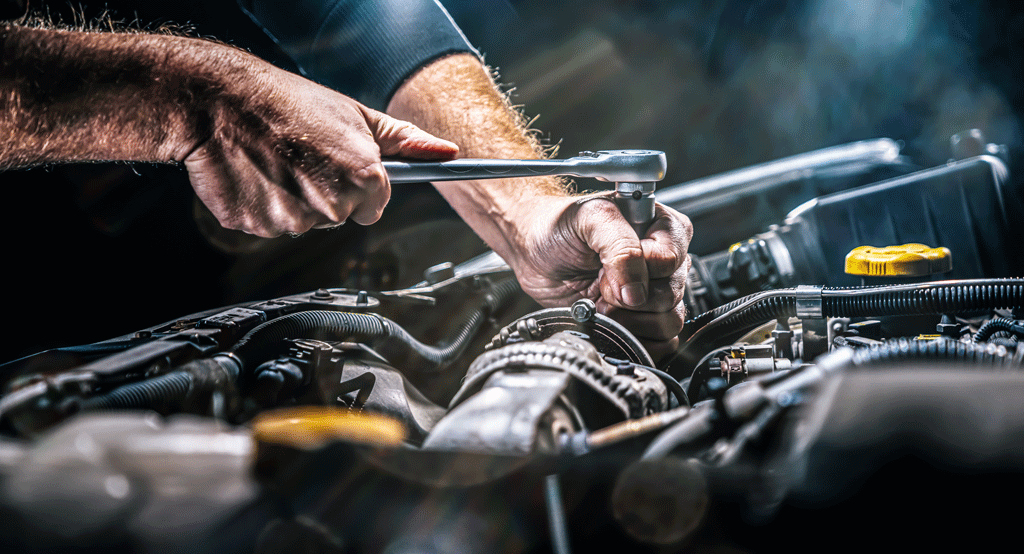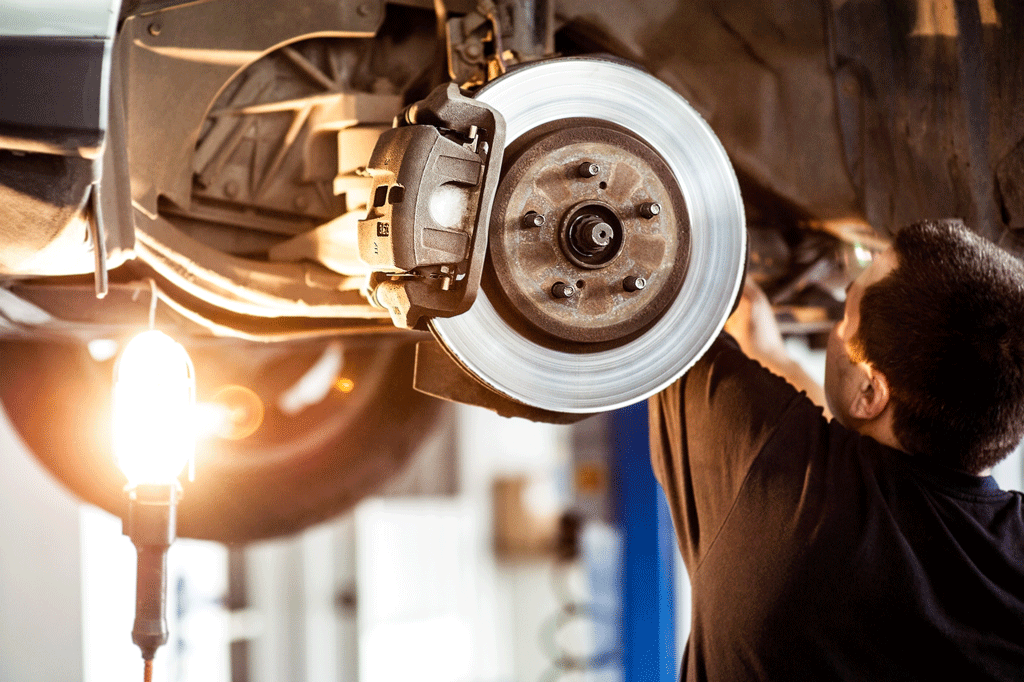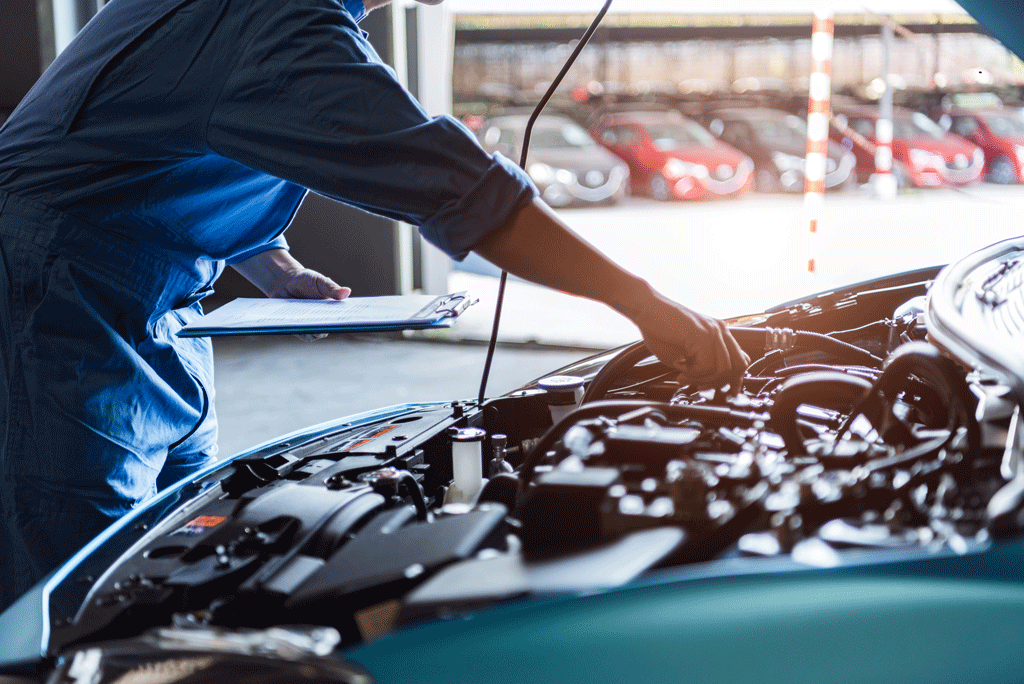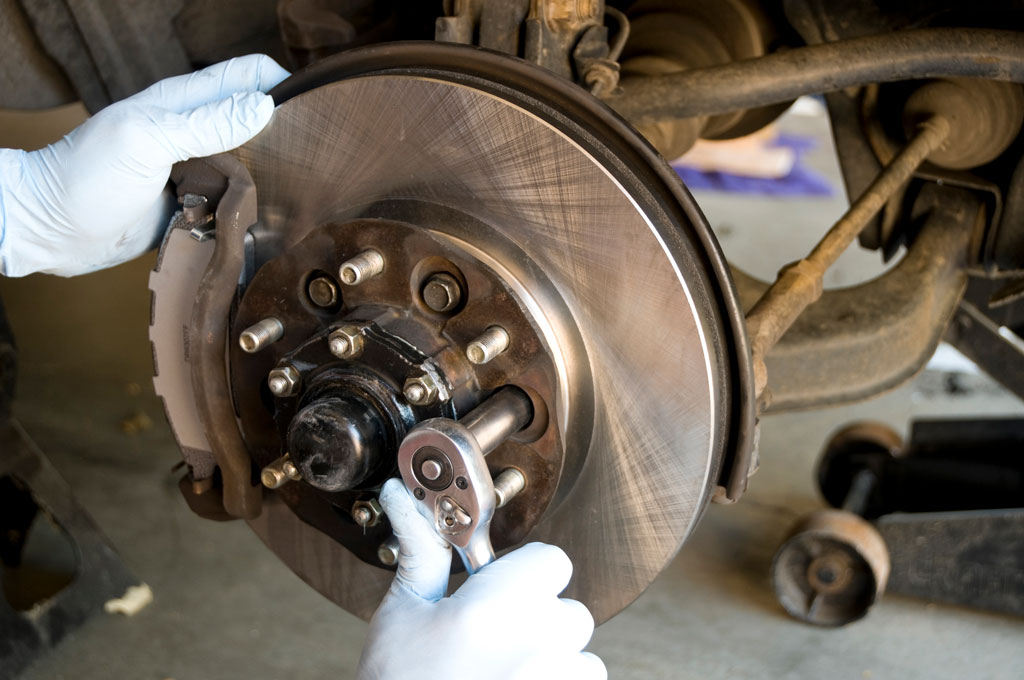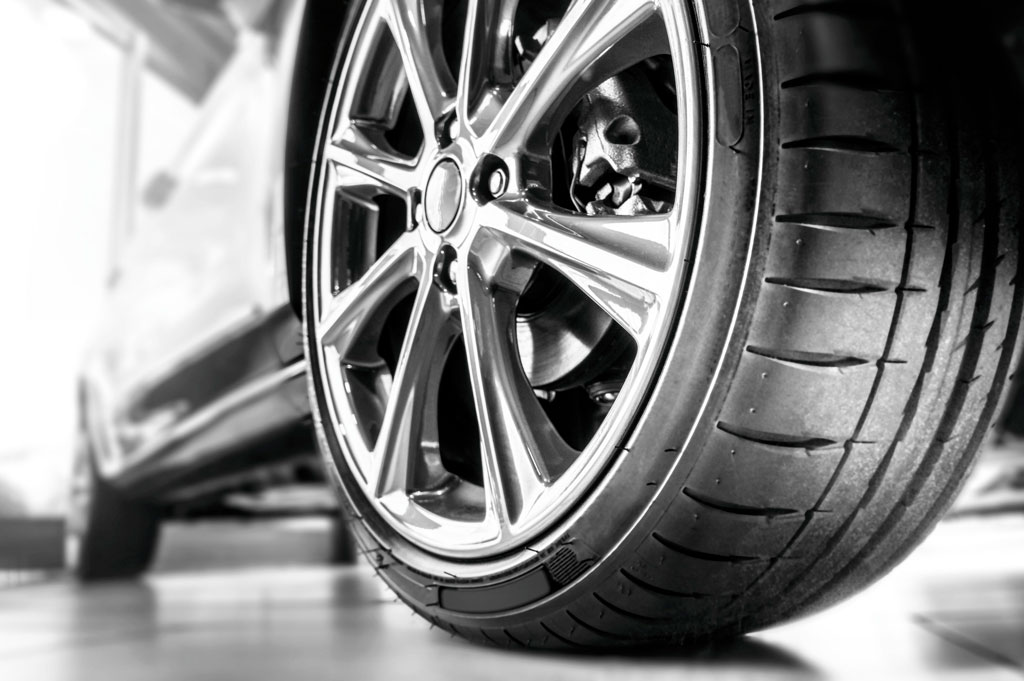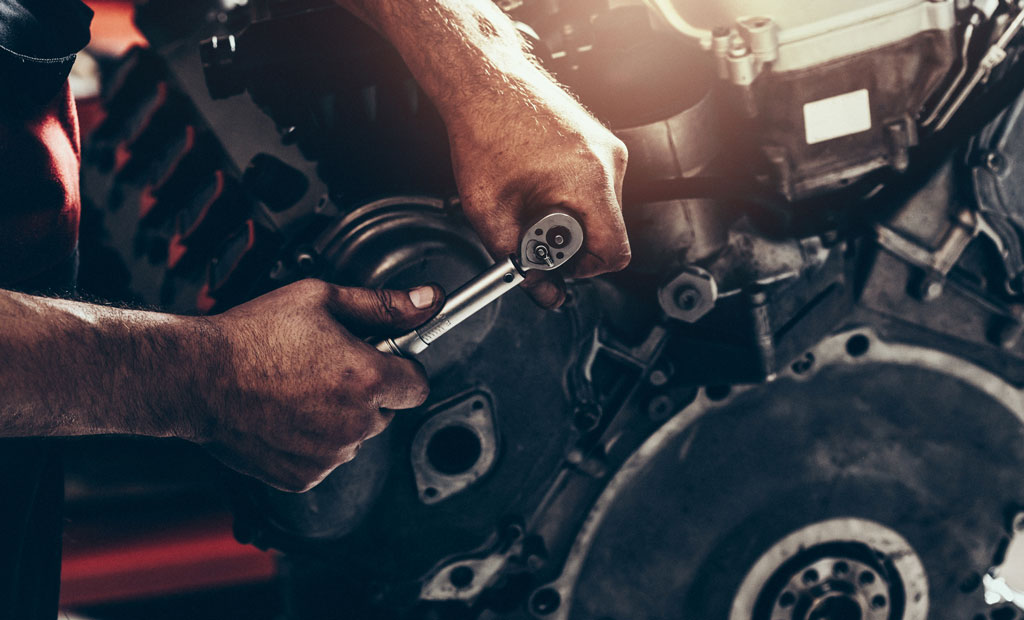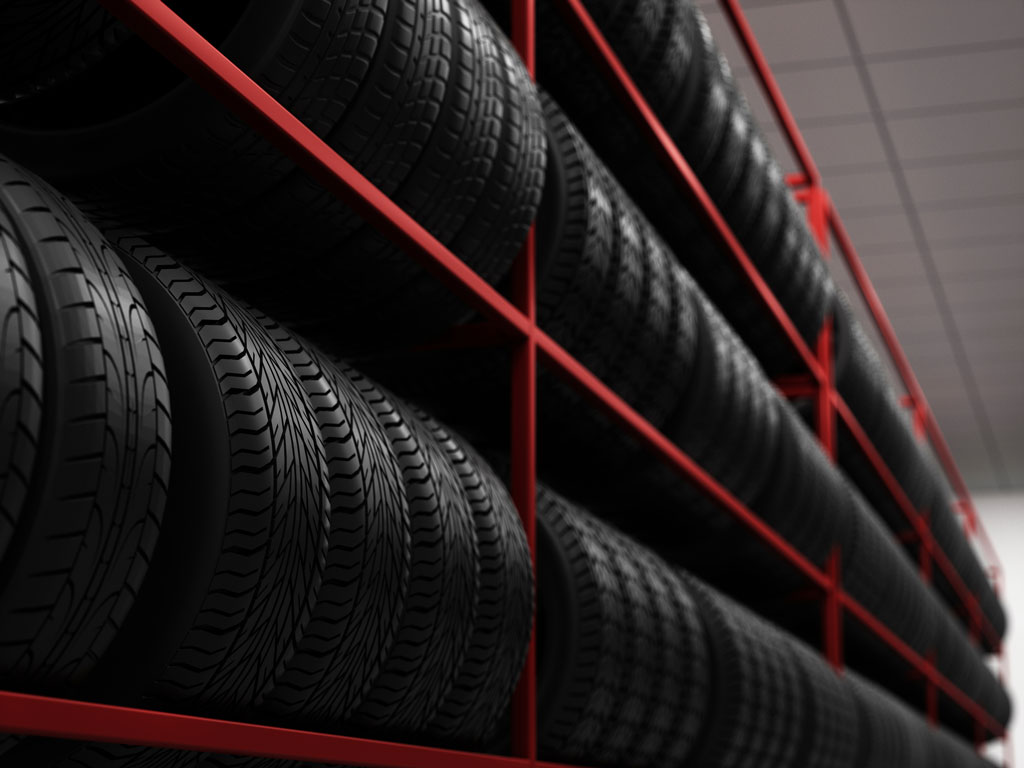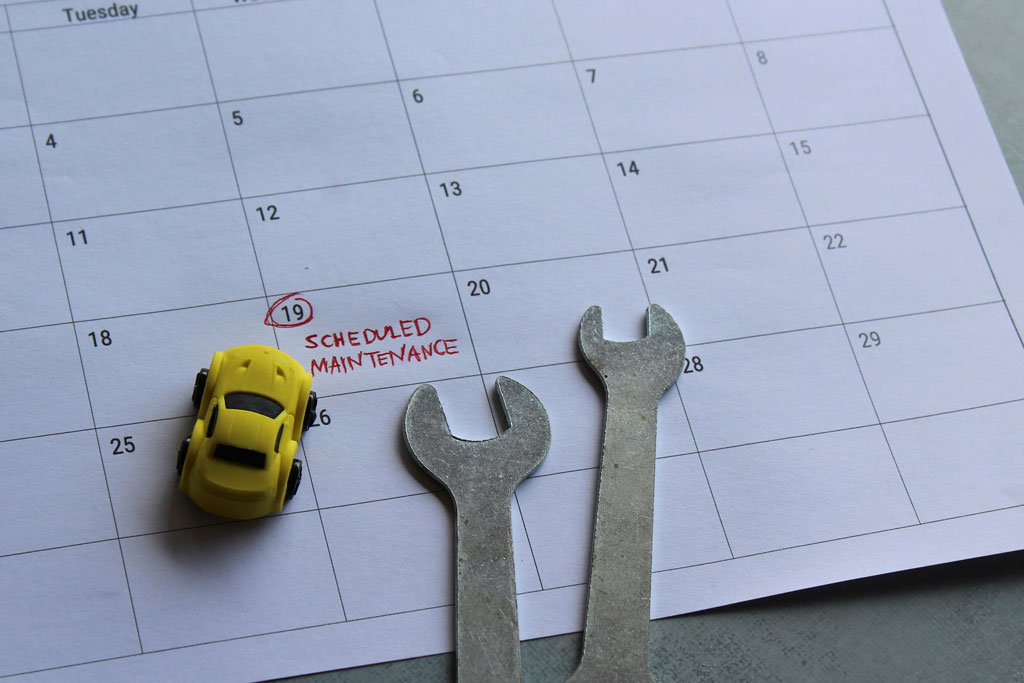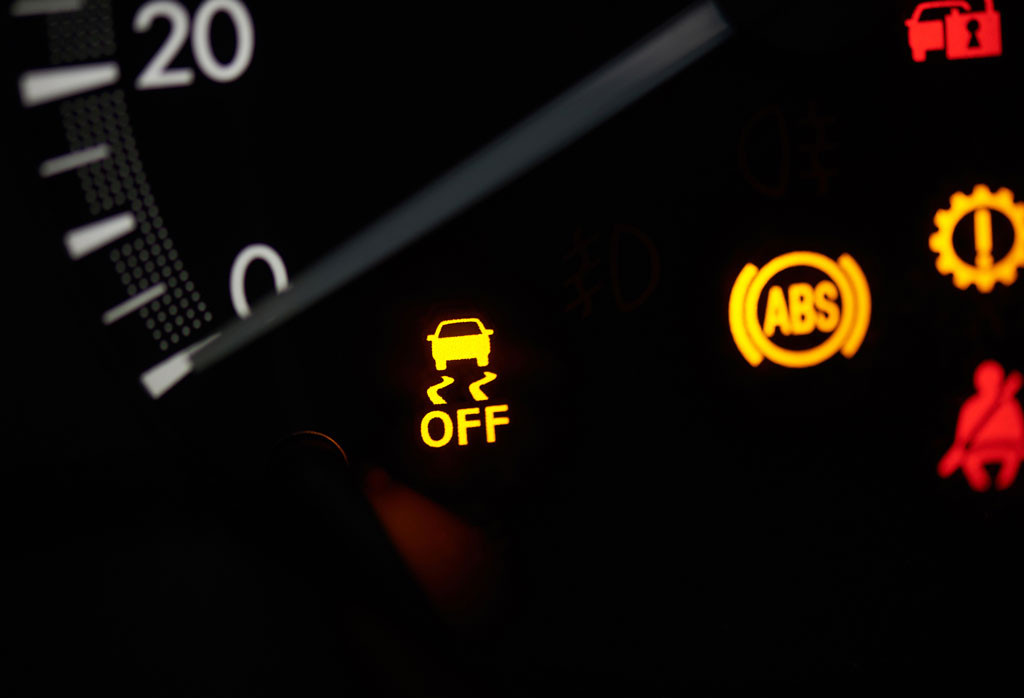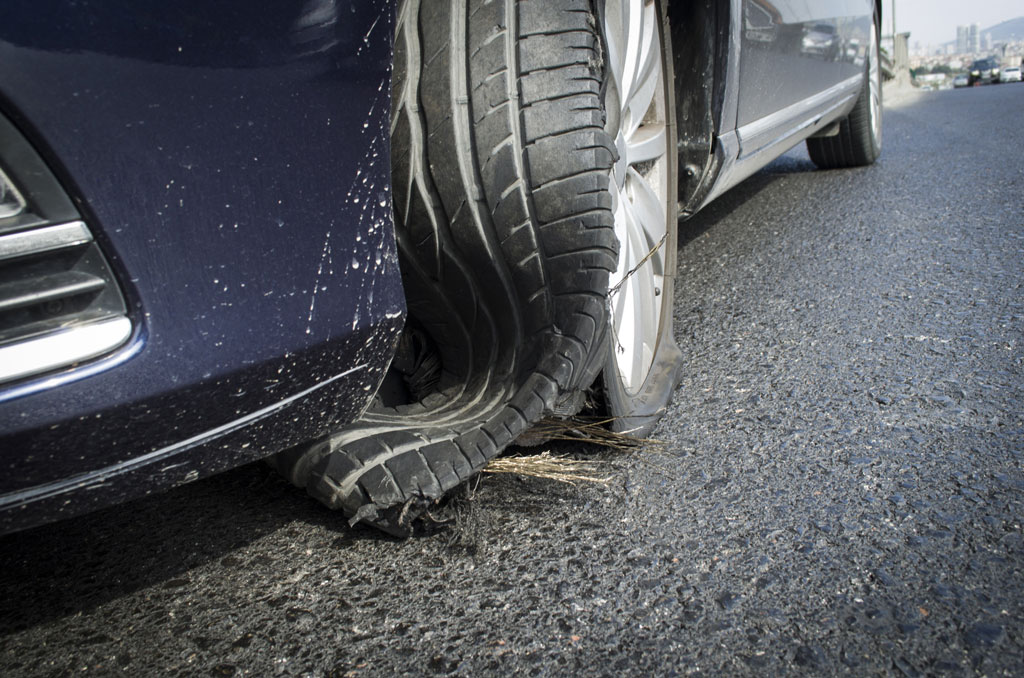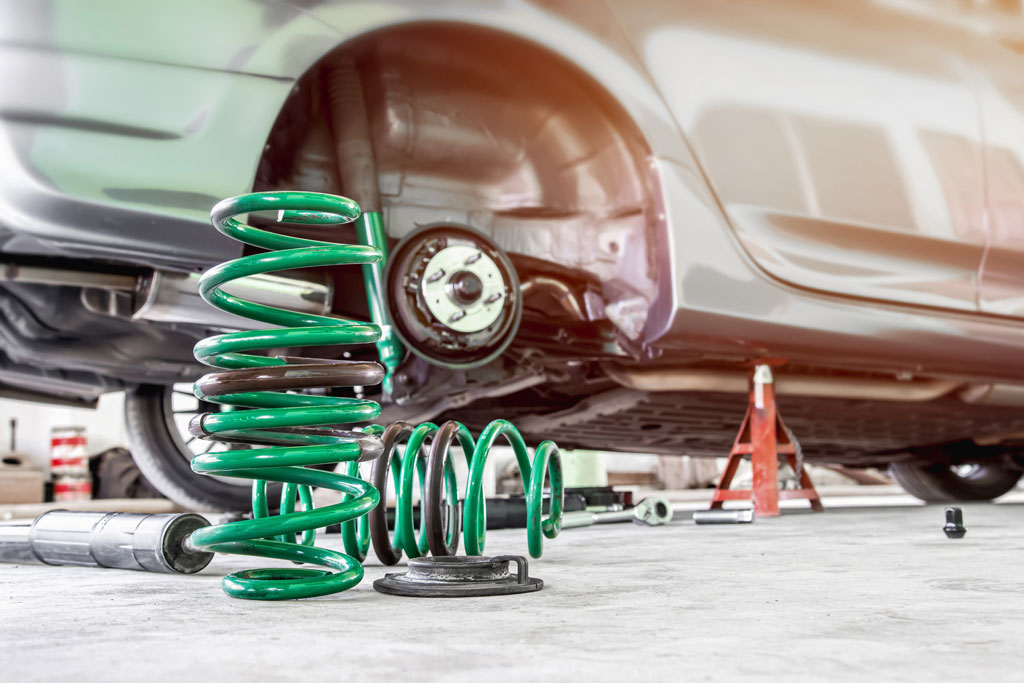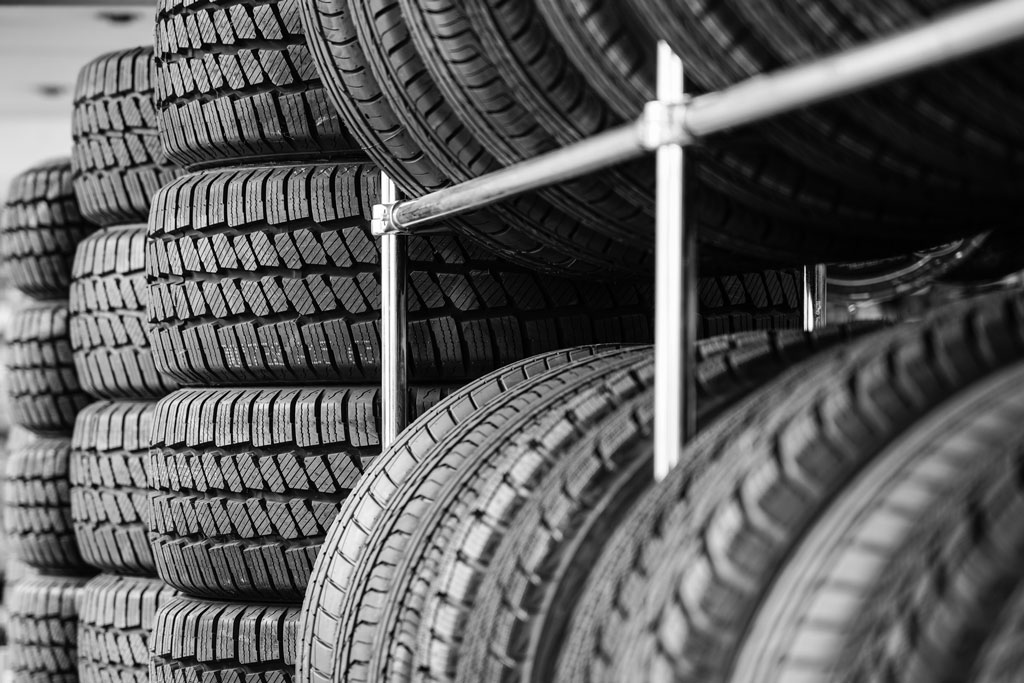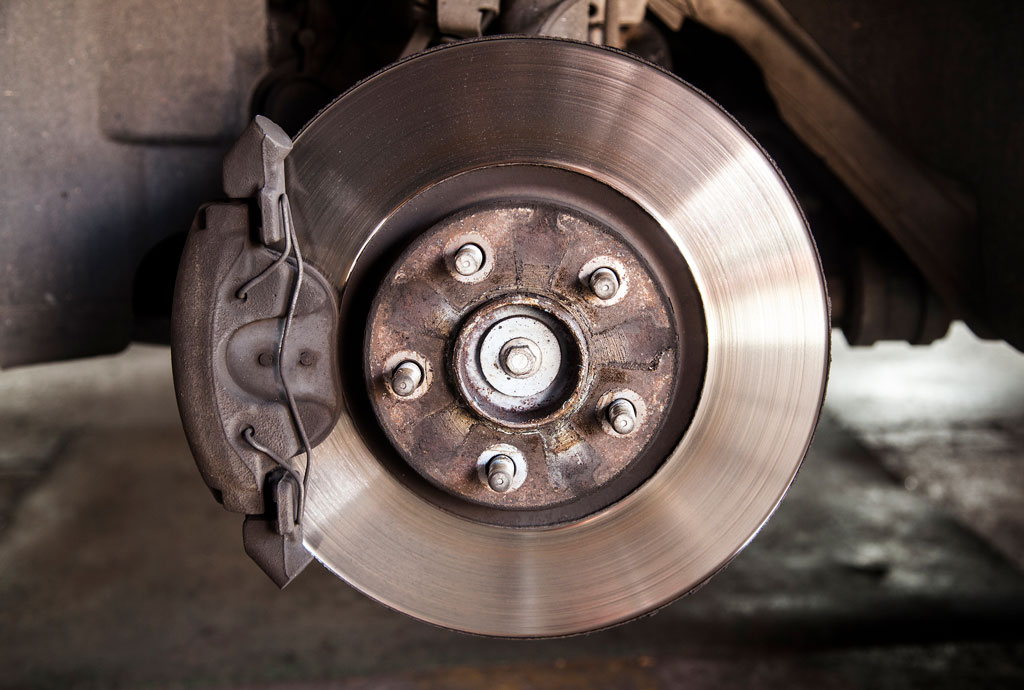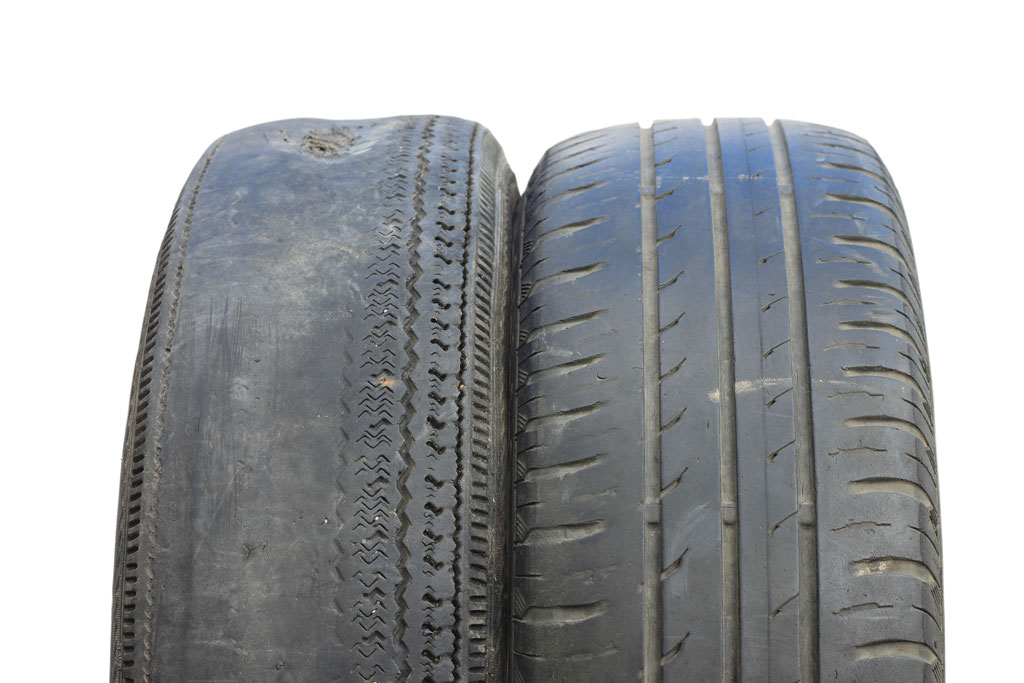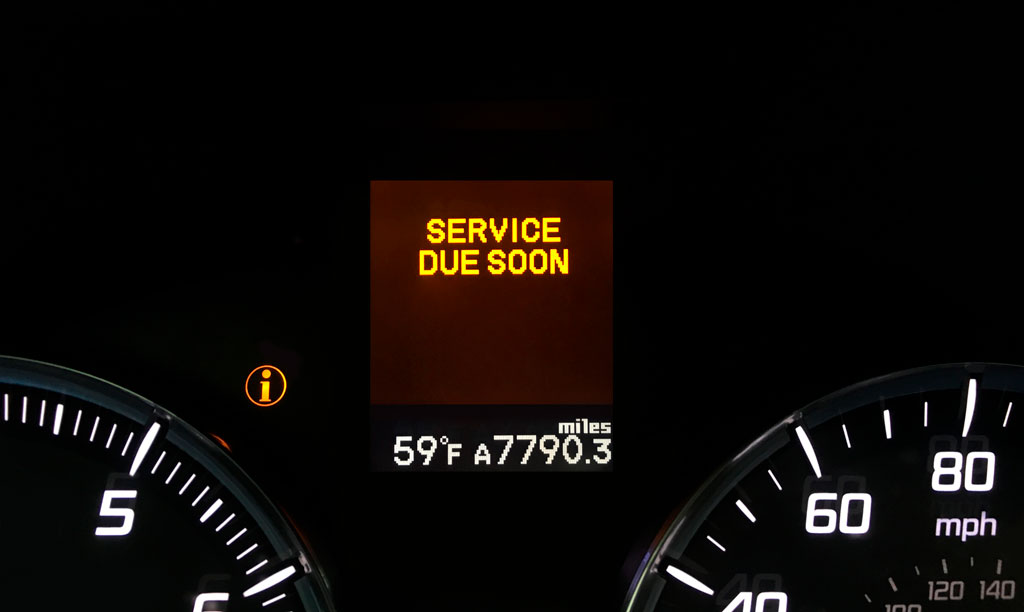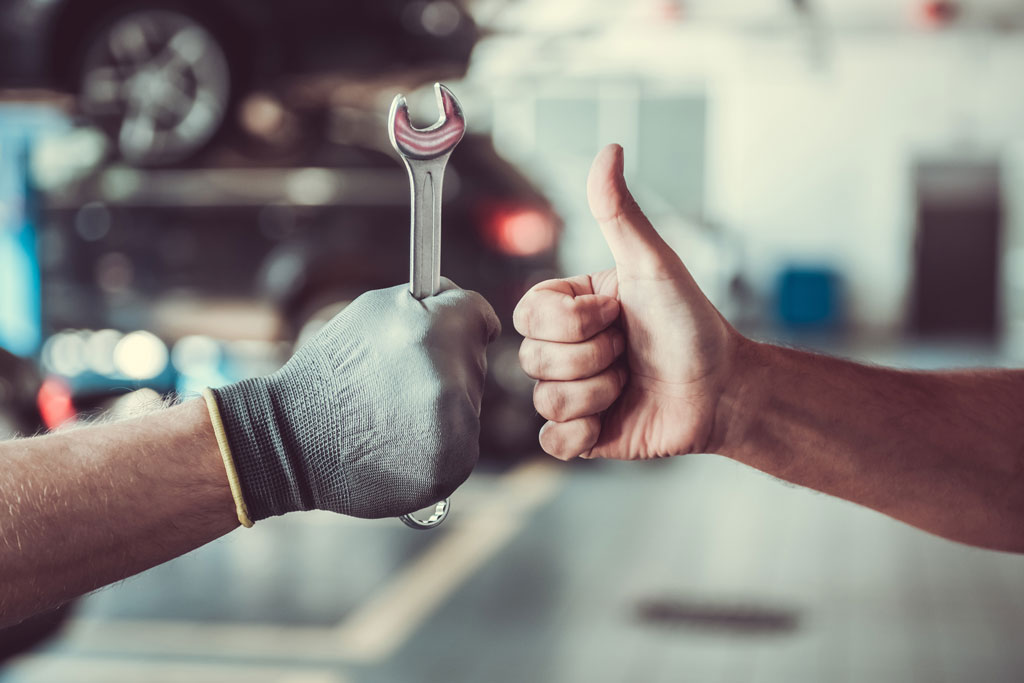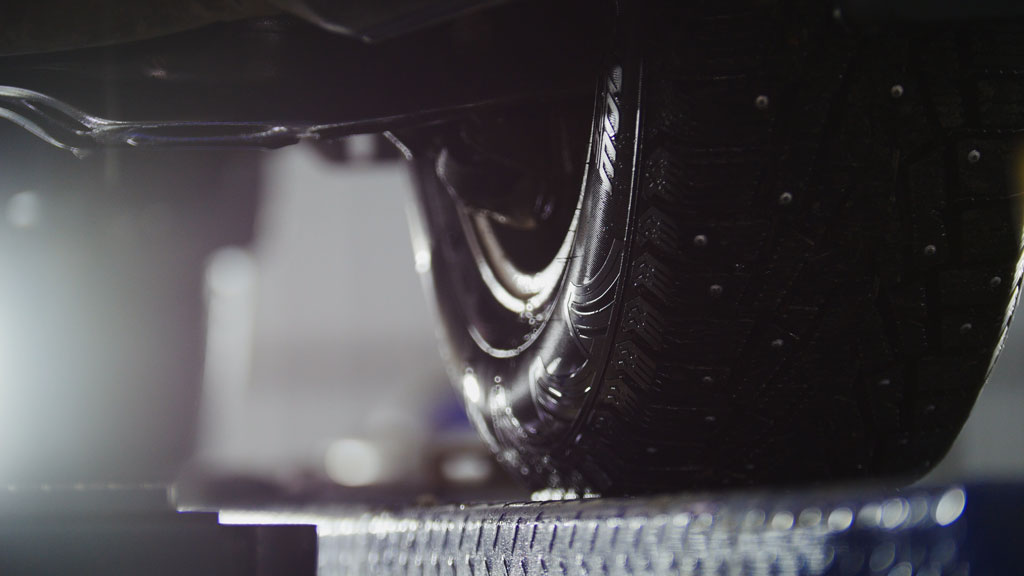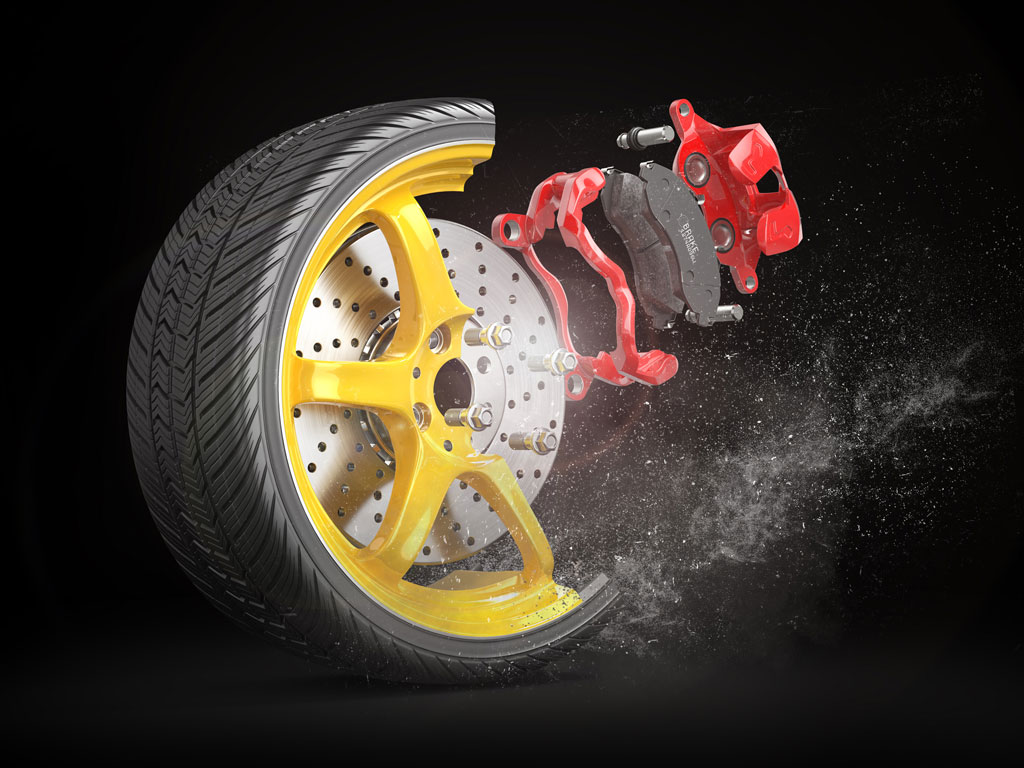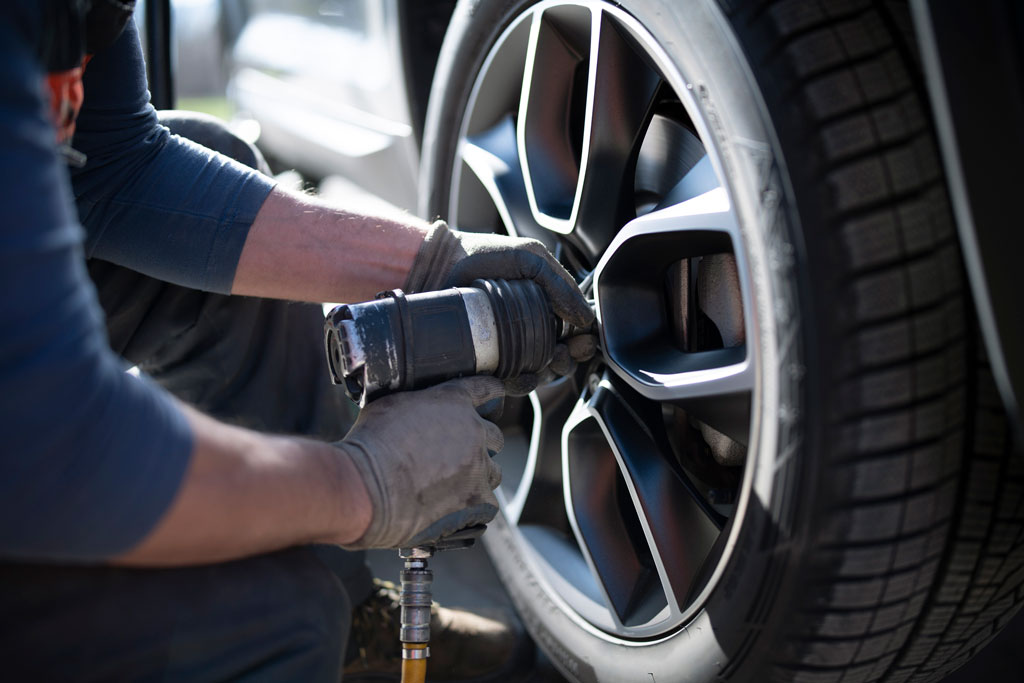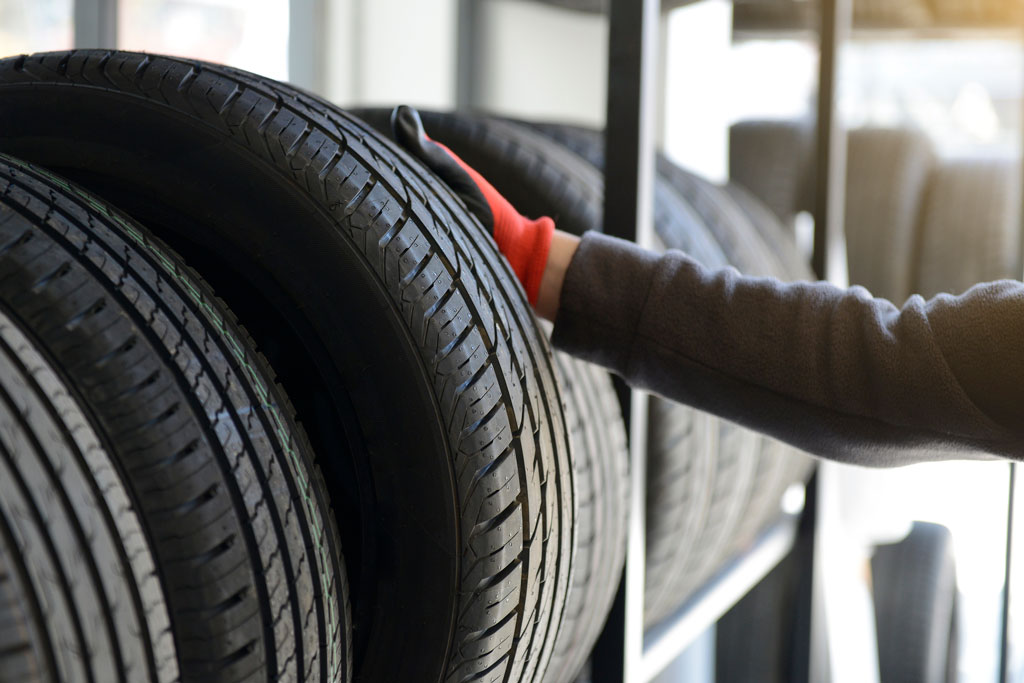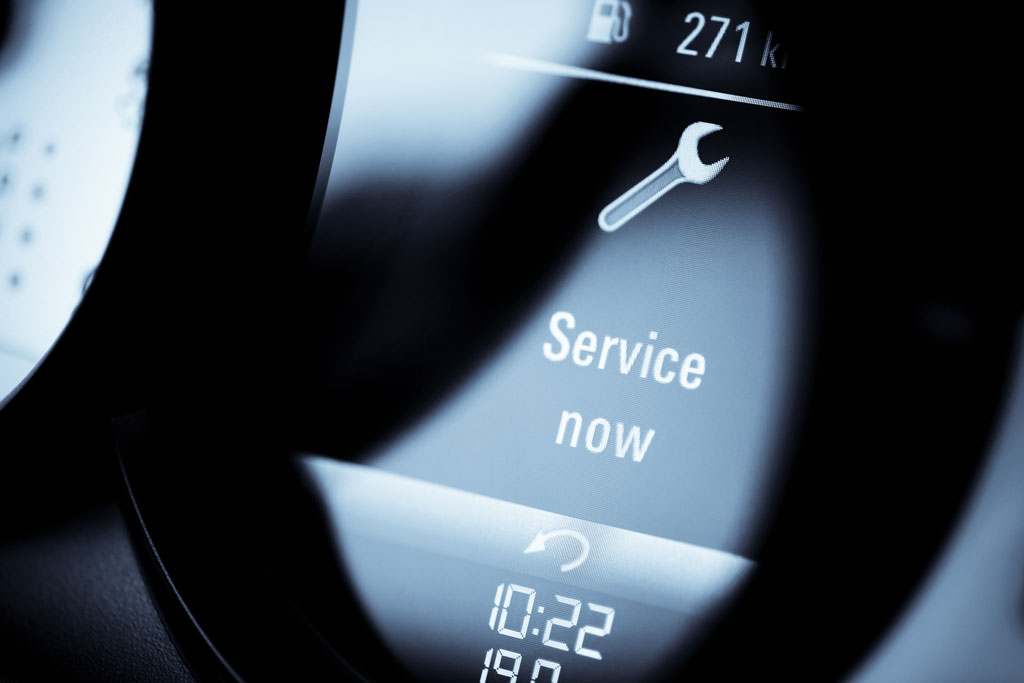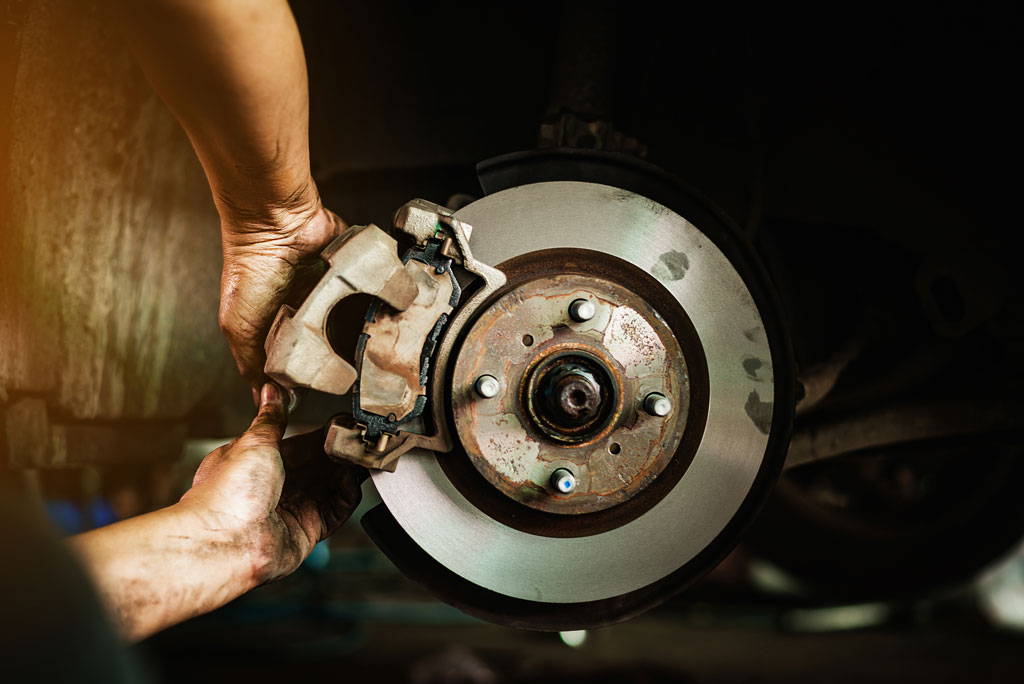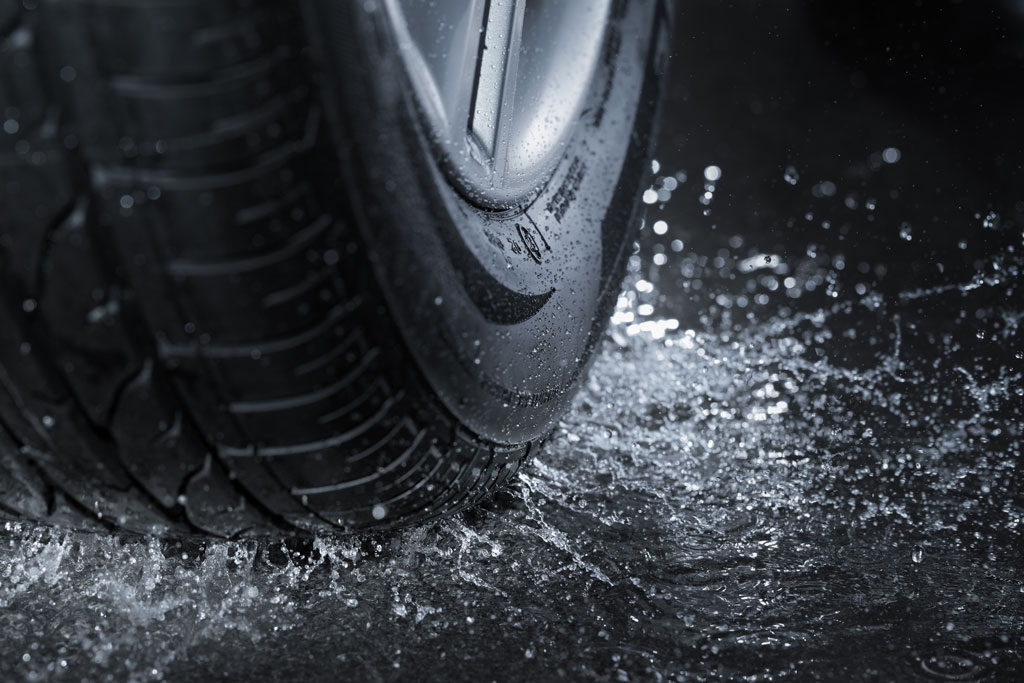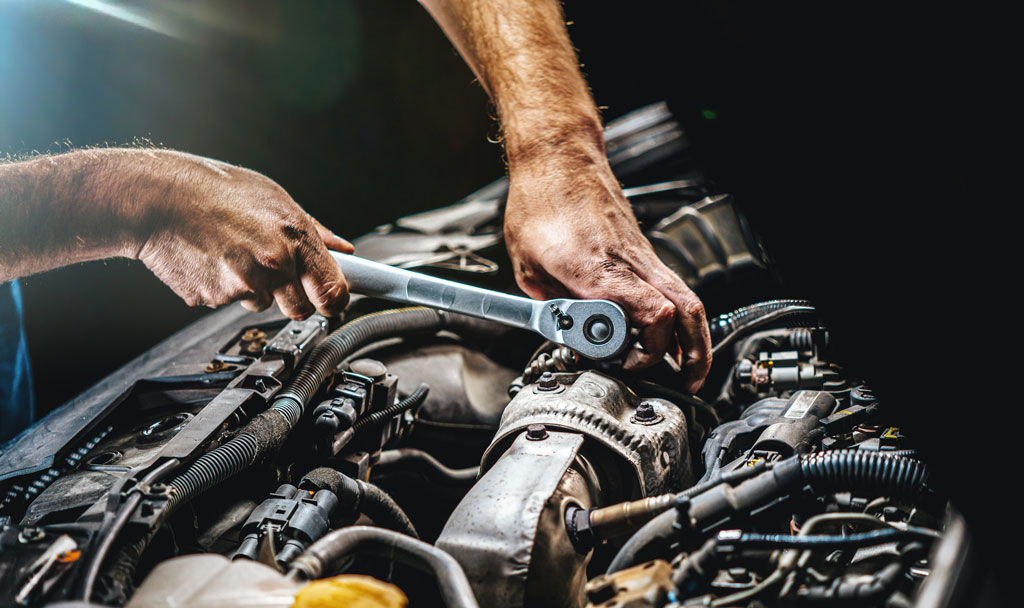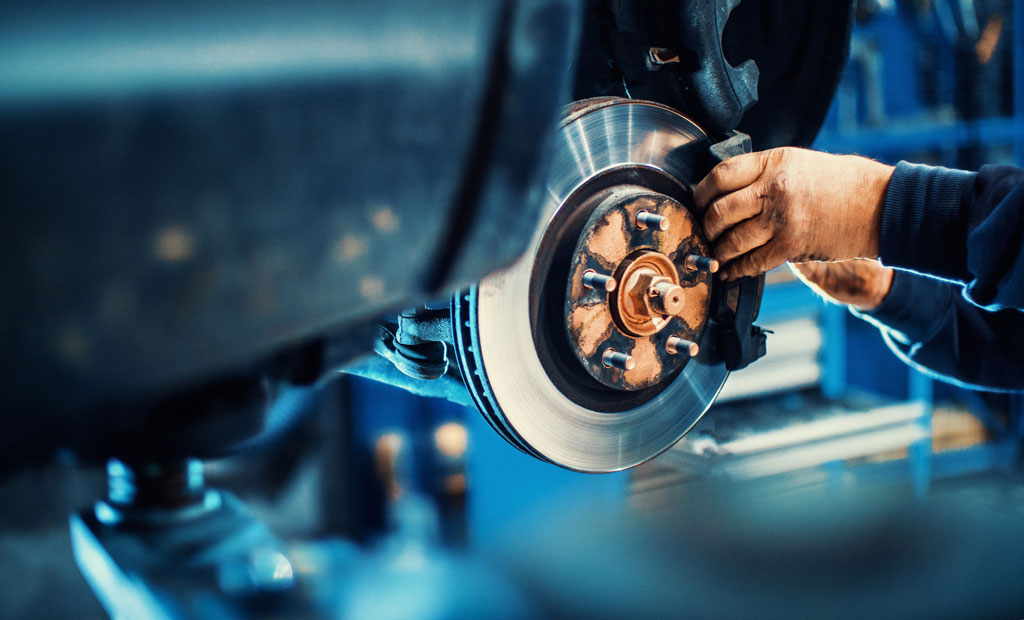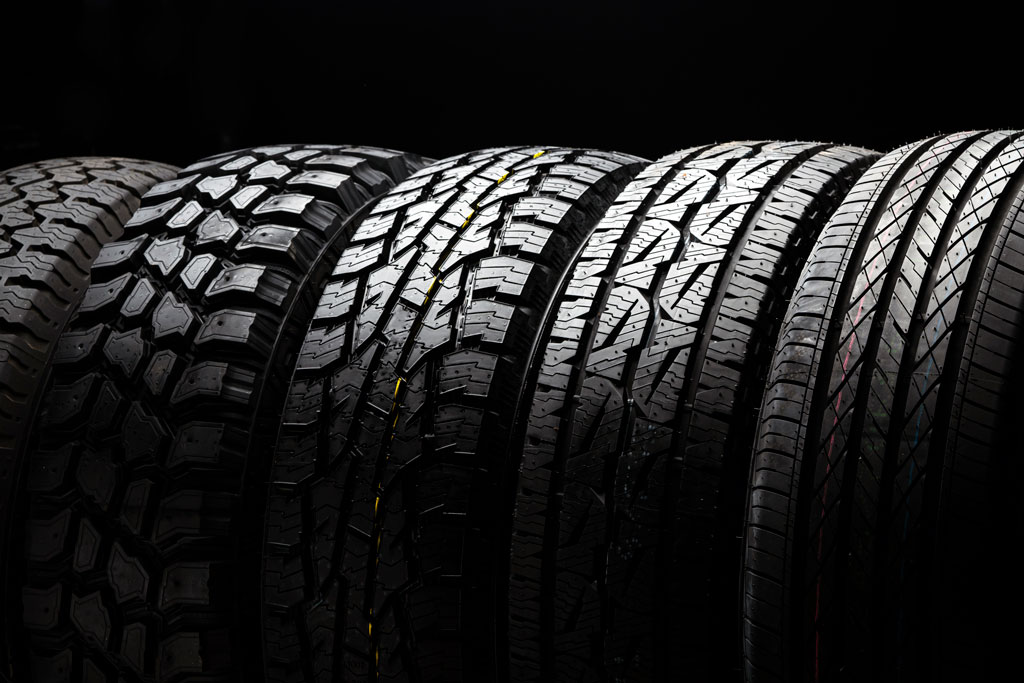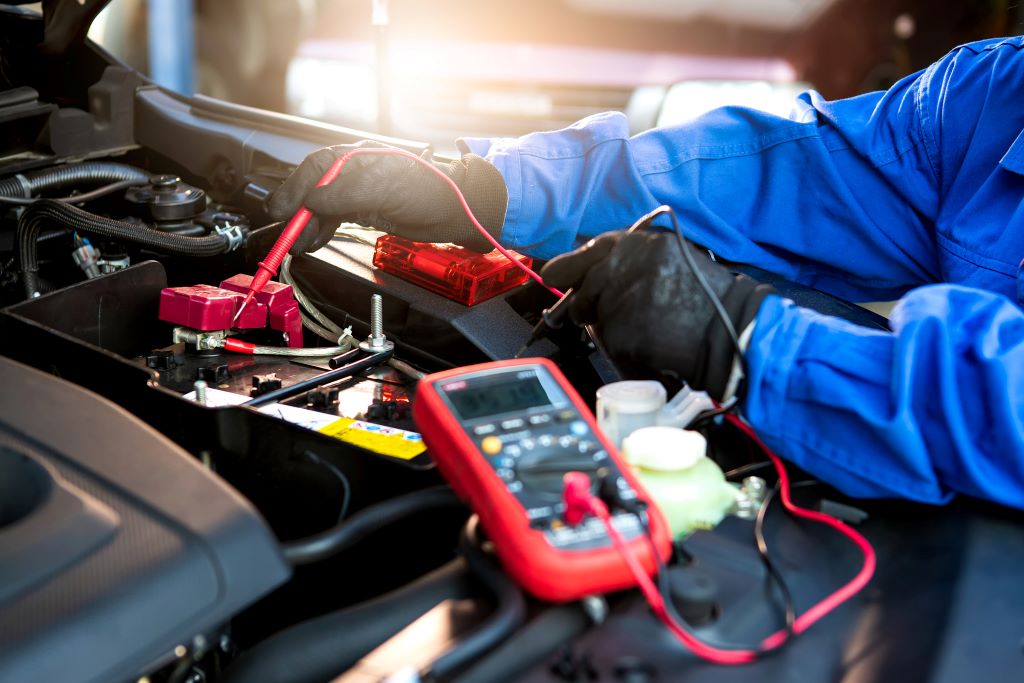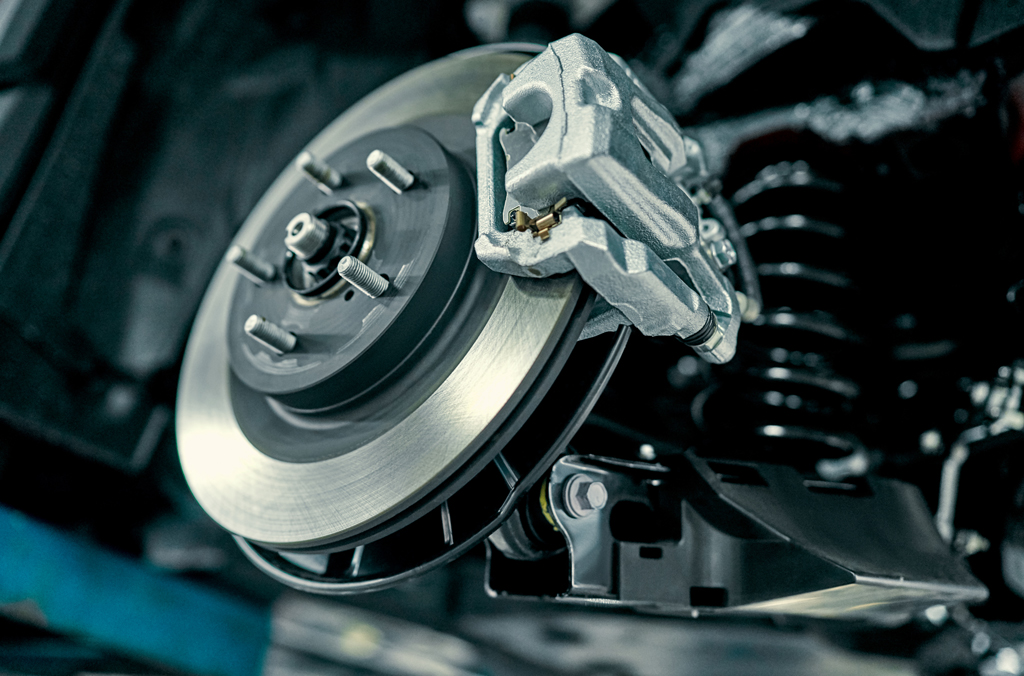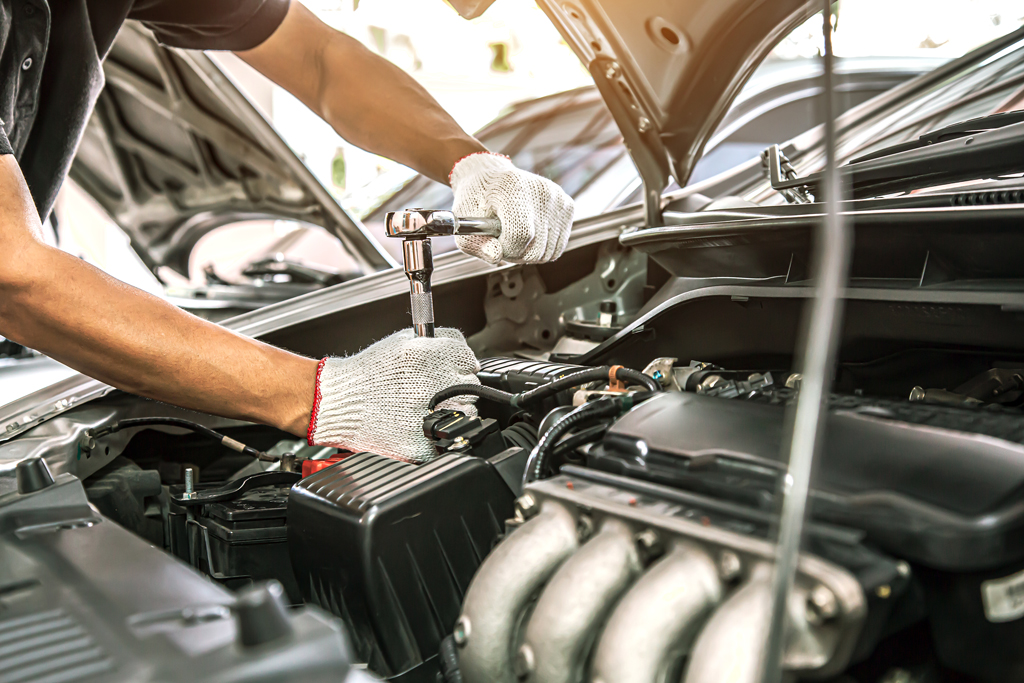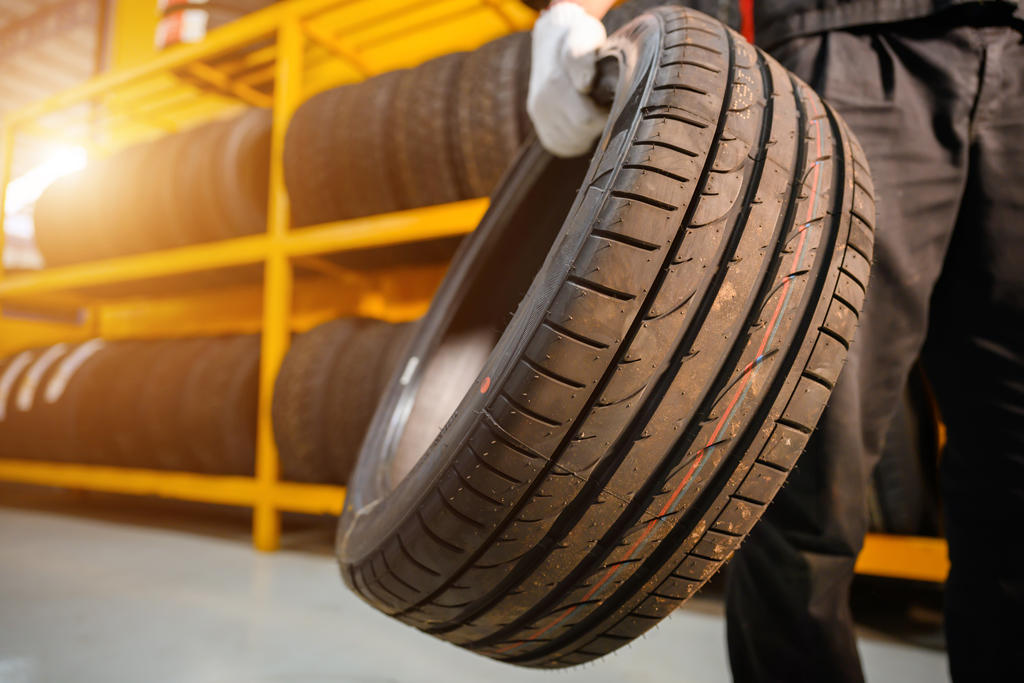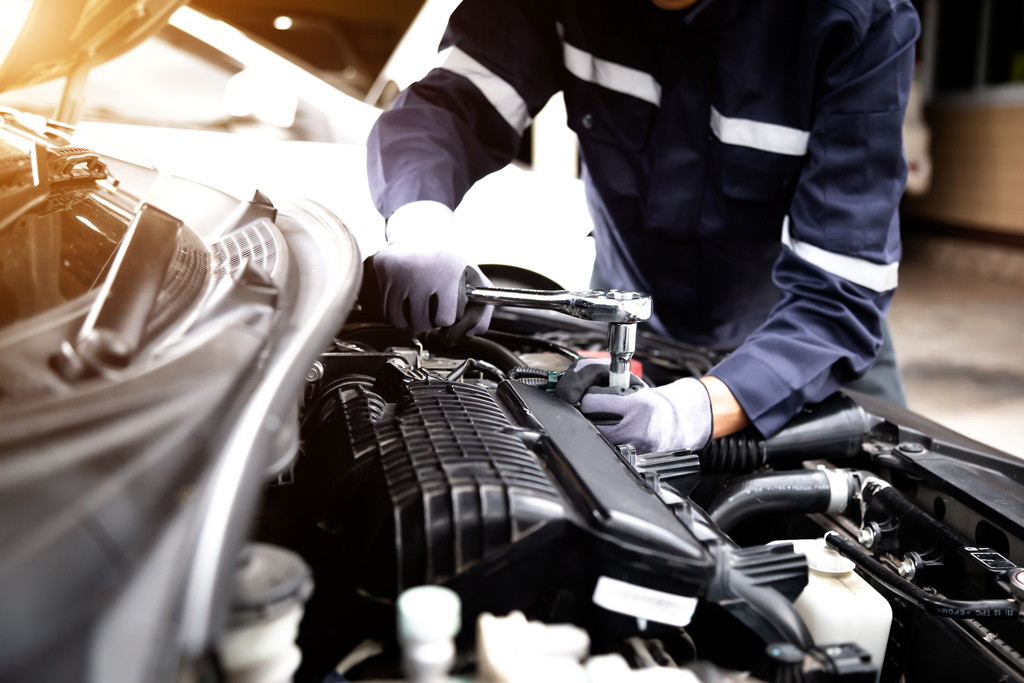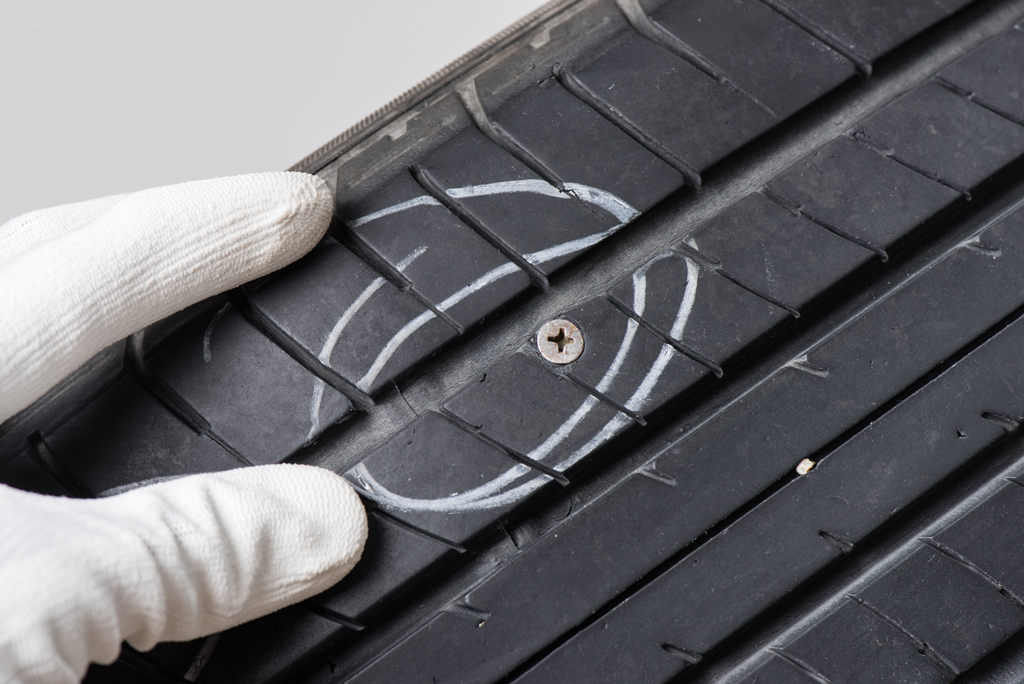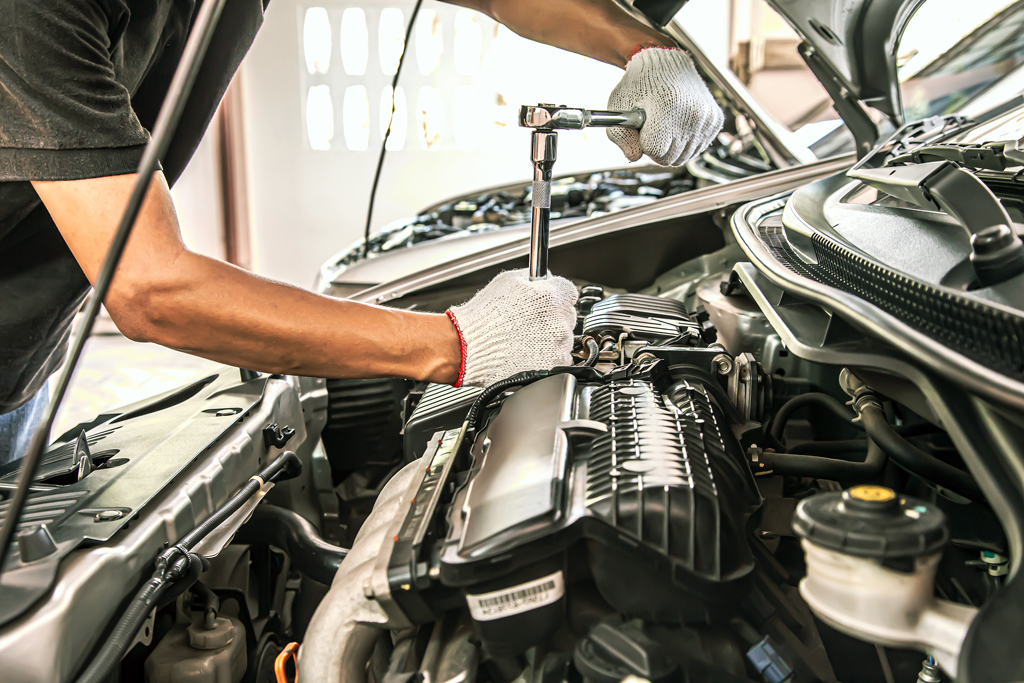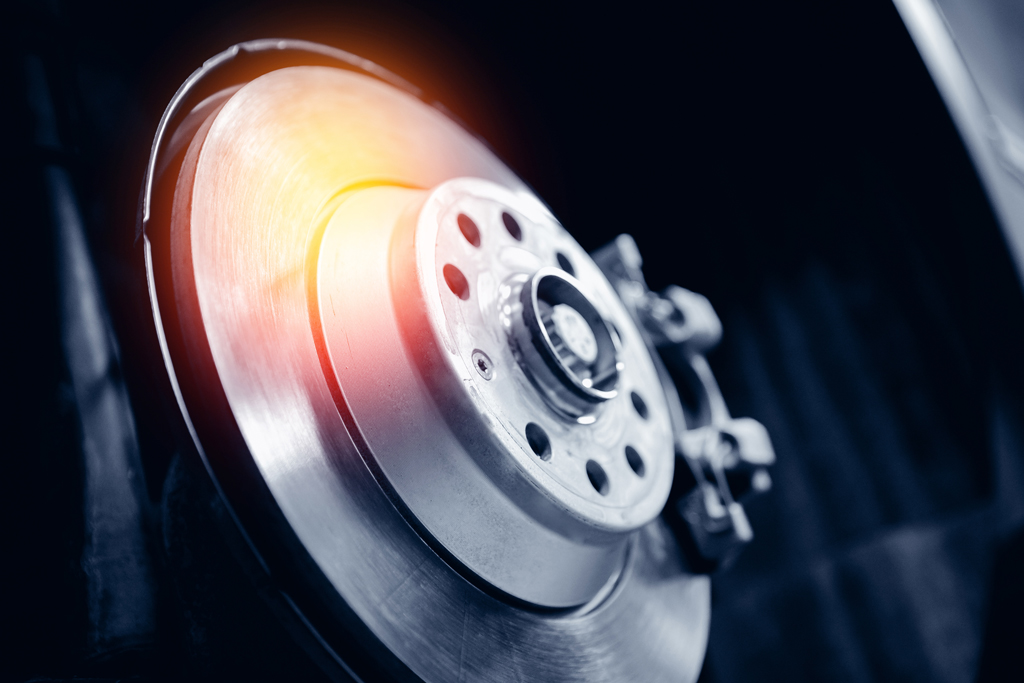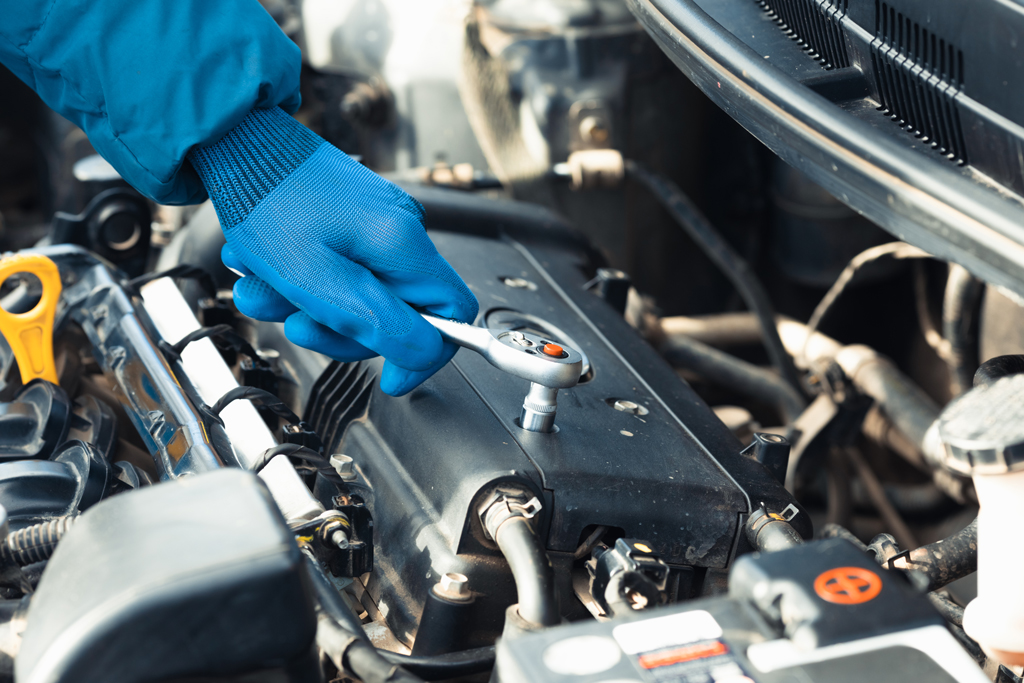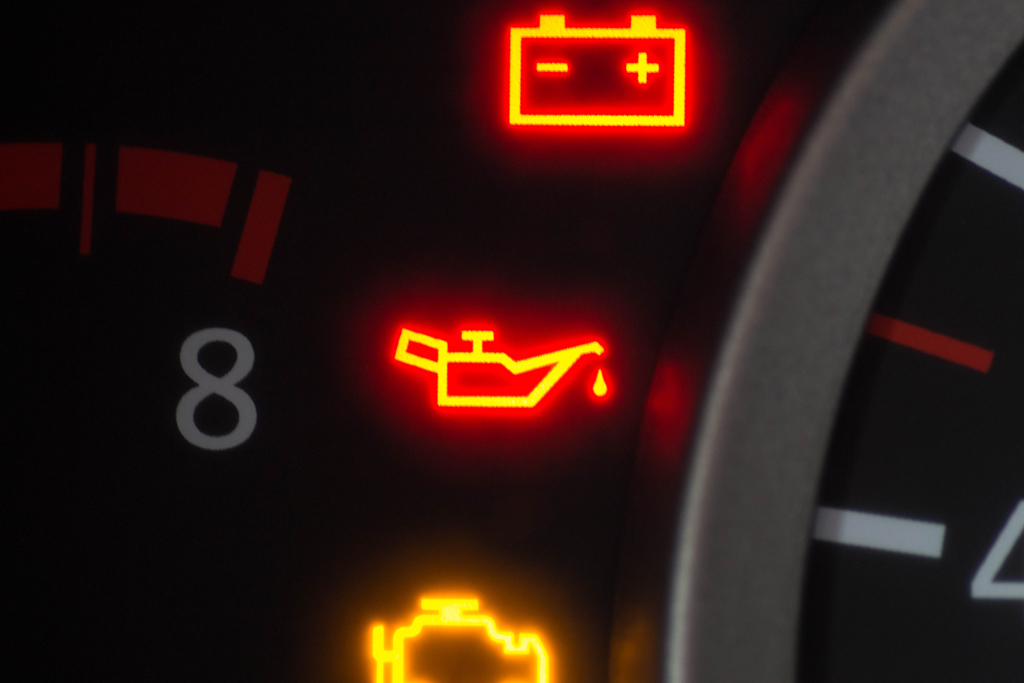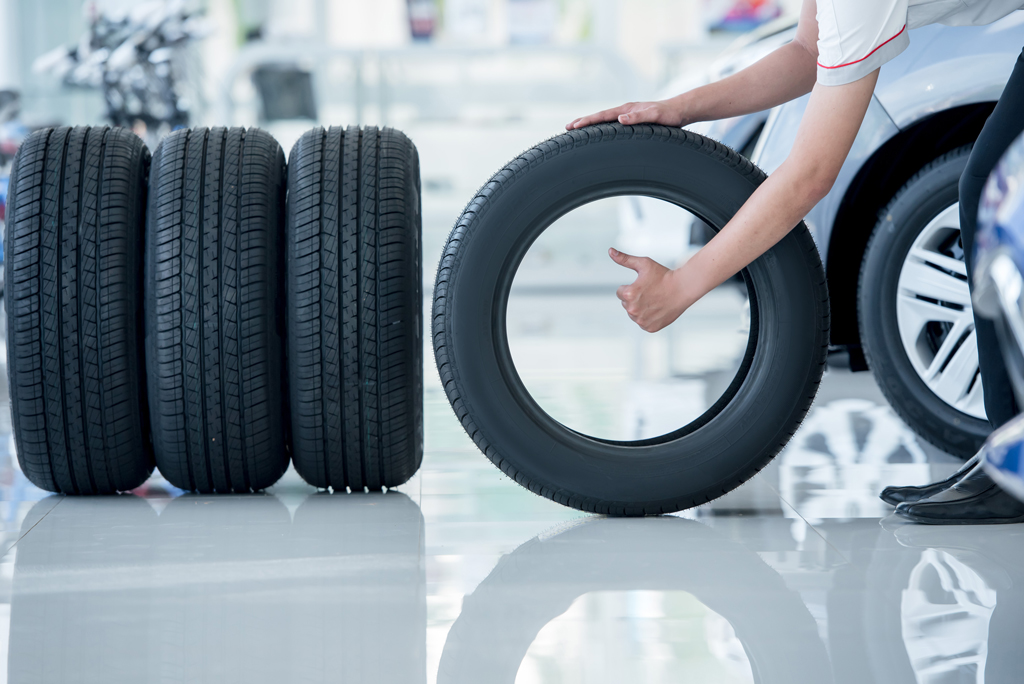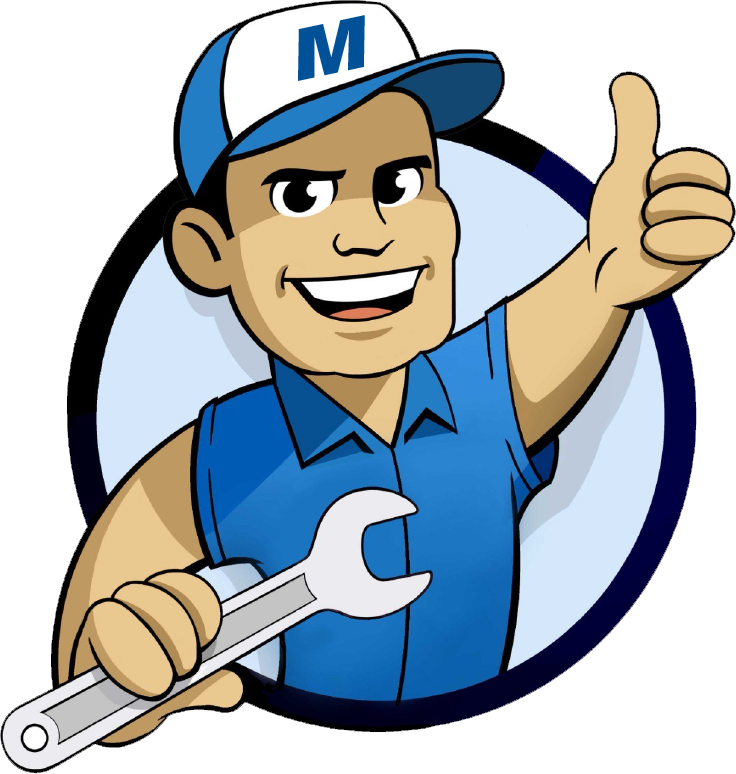Timing Belt Inspections | Signs to visit and Auto Repair Shop
A timing belt is an important component of your car’s engine that keeps the crankshaft and camshaft in sync. Without a timing belt, your car’s engine won’t work properly, and it can eventually lead to severe engine damage. Thus, you must always pay attention to your timing belt to keep your car running smoothly. One way to do this is to identify the symptoms of a worn-down timing belt. Here are some signs that it is time for you to visit an auto repair shop for a timing belt inspection:
Engine Misfires
Engine misfires are never a pleasant experience for any car owner, and unfortunately, they could be a symptom of a worn-down timing belt. A timing belt’s job is to manage the vehicle’s engine valves’ opening and closing, allowing the engine to run smoothly. But when this belt becomes worn down, it does not function correctly, which can cause issues for the entire engine. One of the more prevalent problems is engine misfires, causing an annoying stuttering sensation while driving. Ignoring a worn timing belt could lead to more severe engine problems, potentially causing your vehicle to break down. That’s why bringing your car to an auto repair and care shop for regular maintenance and servicing is always a good idea to avoid these issues. Take care of your timing belt and enjoy a smooth ride.
Oil Leaks
Oil leaks are a common yet dreaded issue in a car’s lifespan. It can be a sign of many things going wrong under the hood, one of them being a worn-down timing belt. This happens because as the timing belt weakens, it can no longer handle the tension it needs to operate properly. As a result, the oil seals and gaskets in the engine start to wear out. If you notice any oil leaks under your car, it’s a sure sign of a worn-down timing belt. While it might seem like a small issue, oil leaks can quickly escalate into much bigger problems. Not only can oil leaks cause damage to other parts of your engine, but they can also have serious environmental consequences if the oil ends up on the road or in a waterway. That’s why it’s important to keep a close eye on your timing belt and get it replaced if you start noticing any leaks.
Exhaust Problems
Exhaust problems can be a frustrating and concerning symptom of a worn-down timing belt in a car. When a timing belt begins to wear down or stretch out, it can throw off the engine’s timing and cause many problems. From strange noises from the tailpipe to a noticeable decrease in power and fuel efficiency, a damaged timing belt can wreak havoc on your car’s exhaust system. If you notice any unusual exhaust sounds or emissions, take your car to an auto repair shop for an inspection of your timing belt. The mechanics will advise if it needs to be replaced and perform any other necessary repairs that may be causing the problem.
Engine Overheating
Engine overheating can be a worrisome symptom for car owners, as it can indicate various problems. However, one cause of overheating that specifically points to a worn-down timing belt is worth investigating. When a timing belt starts to wear out, it can cause the water pump to malfunction, leading to coolant not circulating properly. This can cause your engine to overheat and eventually lead to serious damage if left unchecked. If you notice your car’s temperature gauge rising above normal levels, it’s time to take it to a mechanic and have them check the timing belt. They can diagnose and fix the issue quickly and have you back on the road quickly.
Whining Noise
Have you noticed a high-pitched whining noise coming from your car lately? While there could be various reasons for such sounds, a worn-down timing belt could be one of them. The noise may be caused by the timing belt slipping or rubbing against the components in the engine. If you hear this noise from your car’s engine, you should check your timing belt as soon as possible. You don’t want to wait until it breaks and causes major engine damage.
Shaking or Vibrations
As the engine runs, it should run with minimal vibrations or shaking. However, if you notice that your car has started shaking or vibrating, it may be because the timing belt is worn out. The timing belt could be causing erratic movements of the crankshaft and could cause a lot of damage to the engine if left unchecked. Have your mechanic look at your timing belt and replace it if necessary to avoid further issues.
Warning Light
Your car has a “check engine” light on the dashboard that should come on if there are any issues with the engine. If you see the warning light and your car is experiencing any of the above symptoms, it could be related to the timing belt. However, the check engine light can come on for various reasons. Therefore, taking your car to an auto repair shop for diagnostic tests is always recommended if you suspect any issues.
A timing belt is a vital part of your car’s engine, and it’s important to monitor it to ensure it works properly. Knowing the symptoms of a worn-down timing belt can save you from costly engine damage. If you notice any of the above symptoms, you should go to a trusted mechanic for an inspection.
Visit Our Auto Care Shop for Timing Belt Inspection
If you are looking for an expert to inspect your car’s timing belt, come to Mr. Mechanic Auto Care. We specialize in comprehensive auto care services, from repairs and maintenance to diagnostics and parts replacement. Our experienced technicians provide superior service at competitive rates, helping you keep your car running smoothly for many years. Give us a call today and schedule an appointment with us.
See our most recent blog on this topic here.
Check out our reviews here
Photo By matsou at iStock
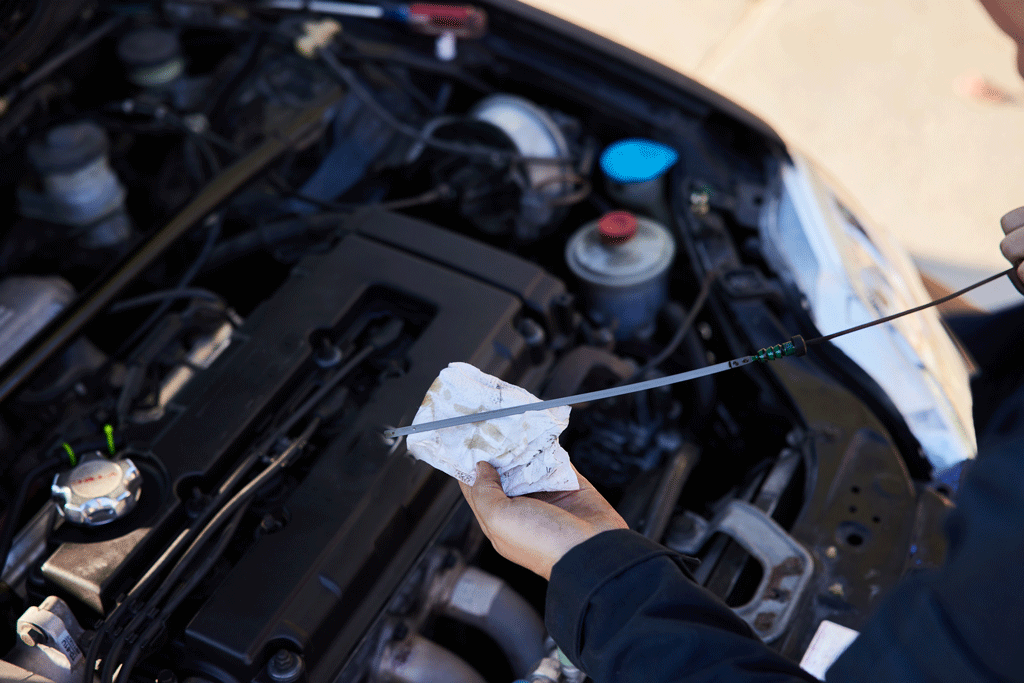
Types Of Fluids That Need To Be Checked Regularly To Avoid Costly Auto Repairs
Are you a car owner? If yes, then maintaining your vehicle regularly is the key to keeping it running optimally for as long as possible and ensuring a smoother ride. One of the most important tasks that must be done on time is regularly checking and changing fluids in your car. Different types of automobile fluids have specific functions, but all of them are responsible for keeping your vehicle’s parts lubricated and operational without any problems. In this blog post, we’ll go over what each type of fluid does and how to tell when it’s time to visit an auto repair shop for a change so you can keep your car running smoothly!
Oil
Oil plays a crucial role in any car’s engine, as it helps keep all the moving parts lubricated and free from friction. Without this layer of protection, metal components can grind against each other, leading to excessive wear and tear or even catastrophic failure. Oil also carries away dirt and other particles from these parts, so they don’t get stuck or overheat. The more you drive, the more dirt your oil accumulates, which means it needs to be changed regularly to keep running efficiently. Depending on your car type, this could be anywhere from every 3 months to every year.
Regularly checking your oil will save you a lot of money in the long run and keep your car running better for longer. Checking your oil also helps improve your gas mileage, as old and dirty oil won’t lubricate your engine parts, as well as fresh, clean oil, resulting in an increase or decrease in fuel efficiency. Make sure your oil levels are up to date, and always get advice from a repair expert if there is any indication that something is wrong with the condition or levels of your real.
Coolant
Coolant is a fluid used in automobiles that helps regulate the engine’s temperature and prevents overheating. It works by transferring heat away from hot spots in the engine and allowing it to dissipate more easily through cooling channels. Coolant also contains additives that help reduce corrosion on metal parts inside the engine, which can be caused by high temperatures. Without coolant, your engine will quickly become too hot for normal operation and may even suffer serious damage due to extreme temperatures.
Many cars are equipped with sensors that monitor coolant levels and temperature. If these sensors detect low levels or an increase in temperature beyond normal limits, they will trigger an alert light on your dashboard. This can be a warning sign that something is wrong with your car and should be checked immediately.
To maintain optimal levels of coolant in your vehicle, visit a repair shop regularly to have it checked. This should be done at least once a month or every 3 months, depending on how often you drive (more frequent checks are needed for higher mileage vehicles). You should also have your radiator flushed periodically (usually every 2 years) to remove any built-up corrosion or contaminants from the system before they cause serious damage. Additionally, always use recommended coolants; non-approved fluids can damage hoses and gaskets over time. You ensure this by visiting a repair shop or any reliable vehicle service center.
Brake Fluid
Brake fluid serves as the hydraulic medium in a car’s braking system. It transfers power from the driver’s foot on the brake pedal up through the master cylinder, which is then applied to each wheel’s calipers or cylinders. Without adequate brake fluid levels, enough pressure will be generated to fully engage and activate the brakes, resulting in reduced braking power or even total failure of the brakes themselves. For this reason, checking your car’s brake fluid levels should be done regularly as part of any basic maintenance schedule. This can help prevent costly auto repairs due to a lack of maintenance or expired fluids.
Most auto repair experts recommend checking your brake fluid every two years. If you notice any strange sounds coming from your brakes or see any signs of leakage around them, visit a repair shop to have them checked. Additionally, if you plan to take a long road trip or drive in extreme weather conditions (like rain or snow), it’s best to check your brakes beforehand.
Power Steering Fluid
Power steering fluid is a type of hydraulic fluid that helps move the parts of the power steering system in a vehicle. It helps reduce the effort needed to turn the wheels when maneuvering the vehicle by pressurizing the hydraulic lines to reduce drag and wear. It also acts as a lubricant, helping to reduce wear on other components within the power steering system, such as seals, hoses, and gears.
If you ever notice any slight stiffness when turning the wheel of your car, that may indicate that the power steering fluid needs to be checked and potentially replaced soon. Additionally, if you notice a leak around the power steering system, taking your car to a repair shop for servicing is a good idea.
Don’t Let Fluids Go Unchecked
It’s important to stay on top of your car’s fluid levels, as they play an integral role in the everyday operation of a vehicle. When it comes to these essential factors, prevention is always better than cure, so watch for any potential warning signs that could indicate trouble. Additionally, never hesitate to take your car to an auto repair shop for servicing when in doubt.
Visit Our Auto Care Shop for the Best Services
At Mr. Mechanic Auto Care, we take pride in providing top-notch repair and maintenance services for all car makes and models. Our experienced and ASE-certified technicians are well-equipped to handle any issues related to your car’s fluids, from brake fluid to power steering fluid. Visit us today to experience the best car care services in town!
See our most recent blog on this topic here.



